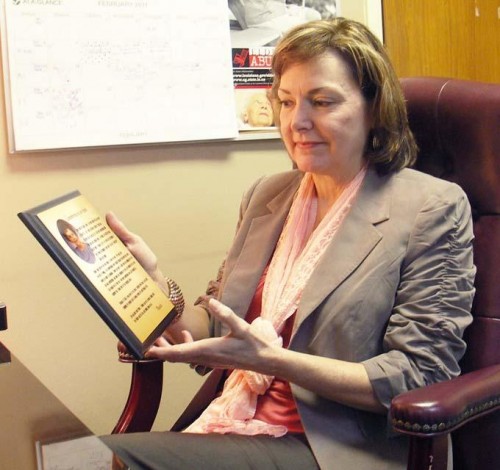March 15-April 15: 13th annual Jubilee Festival of the Arts (Thibodaux)
March 1, 2011
Elder abuse … old enough to know better
March 3, 2011Jean-Baptiste Le Moyne de Bienville and his brother Pierre Le Monye d’Iberville were explorers and colonizers. They were the first generation of their family to be born in the New World – in a French settlement that was near modern day Montreal, Quebec.
By their names one can accurately guess that their parents came to North America from their home in France.
Time passed and the adventure of the New World grew within the boys’ spirits. In October 1698, Iberville set sail on an exploration commissioned by Louis Phelypeaux, the secretary of the French navy, to explore coastal lands along what we know as the Gulf of Mexico.
In February 1699, Iberville was joined by Bienville. On March 3, 1699, the brothers landed at the mouth of the Mississippi River and established a camp about 60 miles south of where New Orleans is today.
To commemorate the event, their crew partook in a festival that had been celebrated in France since the middle ages and was taking place on that same date. But Mardi Gras was far from a tradition for Louisiana.
By the 18th Century, pre-Lenten masked balls had become popular in New Orleans. When Louisiana was taken over by Spain, such celebrations were banned. By 1803, France had regained control and quickly sold their real estate to the United States, at which time the prohibition on masked balls was lifted. In turn, the party included observances of Mardi Gras.
The first documented Mardi Gras parade took place in 1837. As the culture of Louisiana residents intermingled, Mardi Gras celebrations spread to become a season of frivolity and fantasy before the beginning of Lent on Ash Wednesday.
Today, Louisiana is the only U.S. state to observe Mardi Gras as a legal holiday. The Tri-parish region has the second largest Mardi Gras celebration in the nation after New Orleans.
The carnival atmosphere, seasonal parades and balls began here on Friday and will continue until Mardi Gras Day on Tuesday – with little else of much importance taking place in between those dates.
Some could argue that the tradition we hold so fondly might not have become a celebration that the rest of the world watches in wonder were it not for Bienville and Iberville wanting to reward their crew with a little enjoyment after a long voyage 312 years ago.




